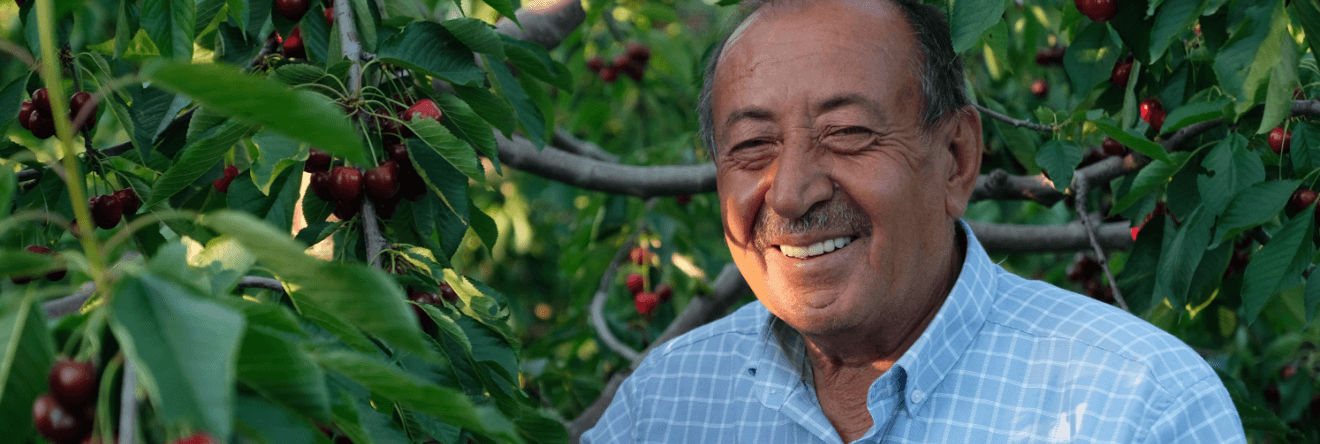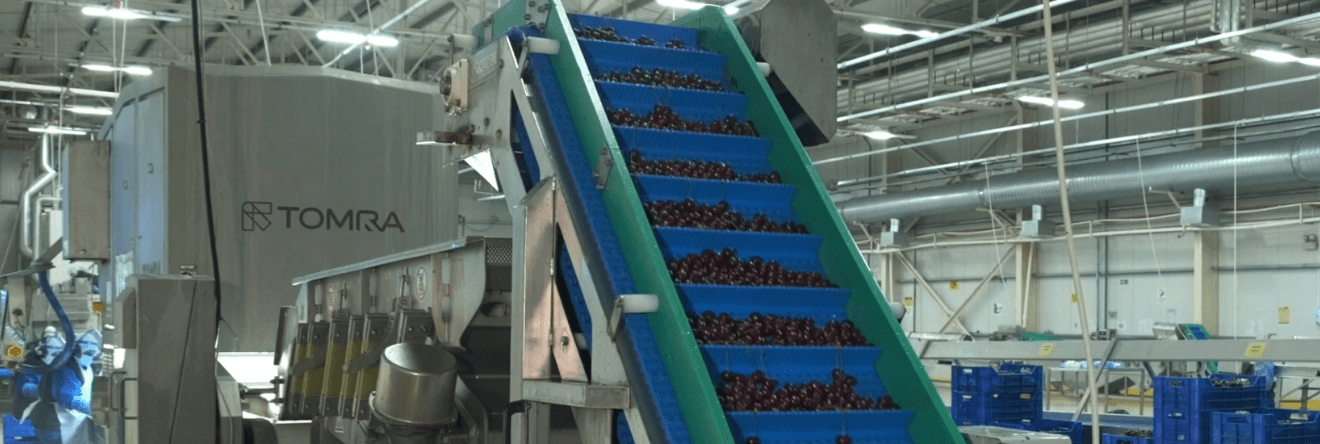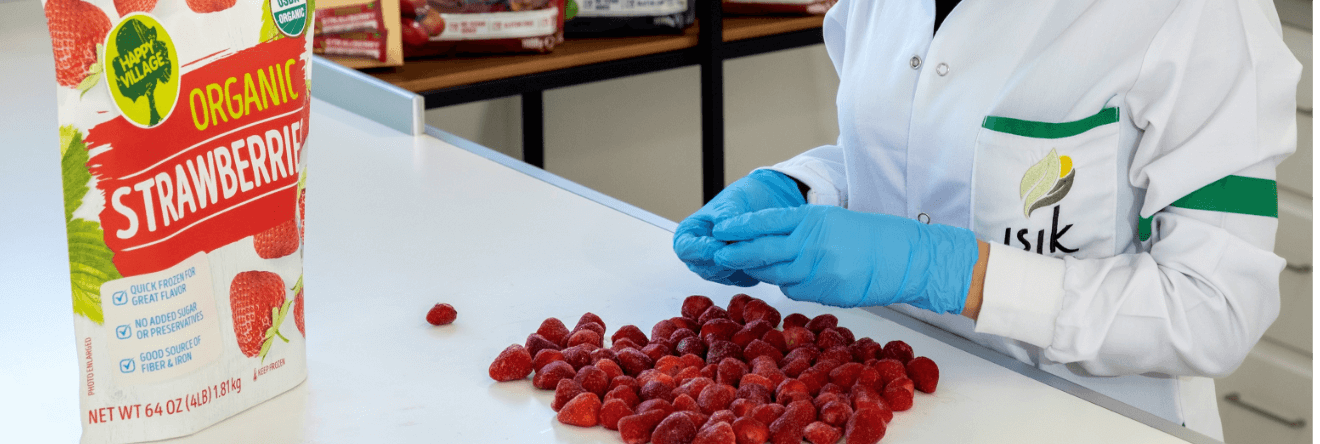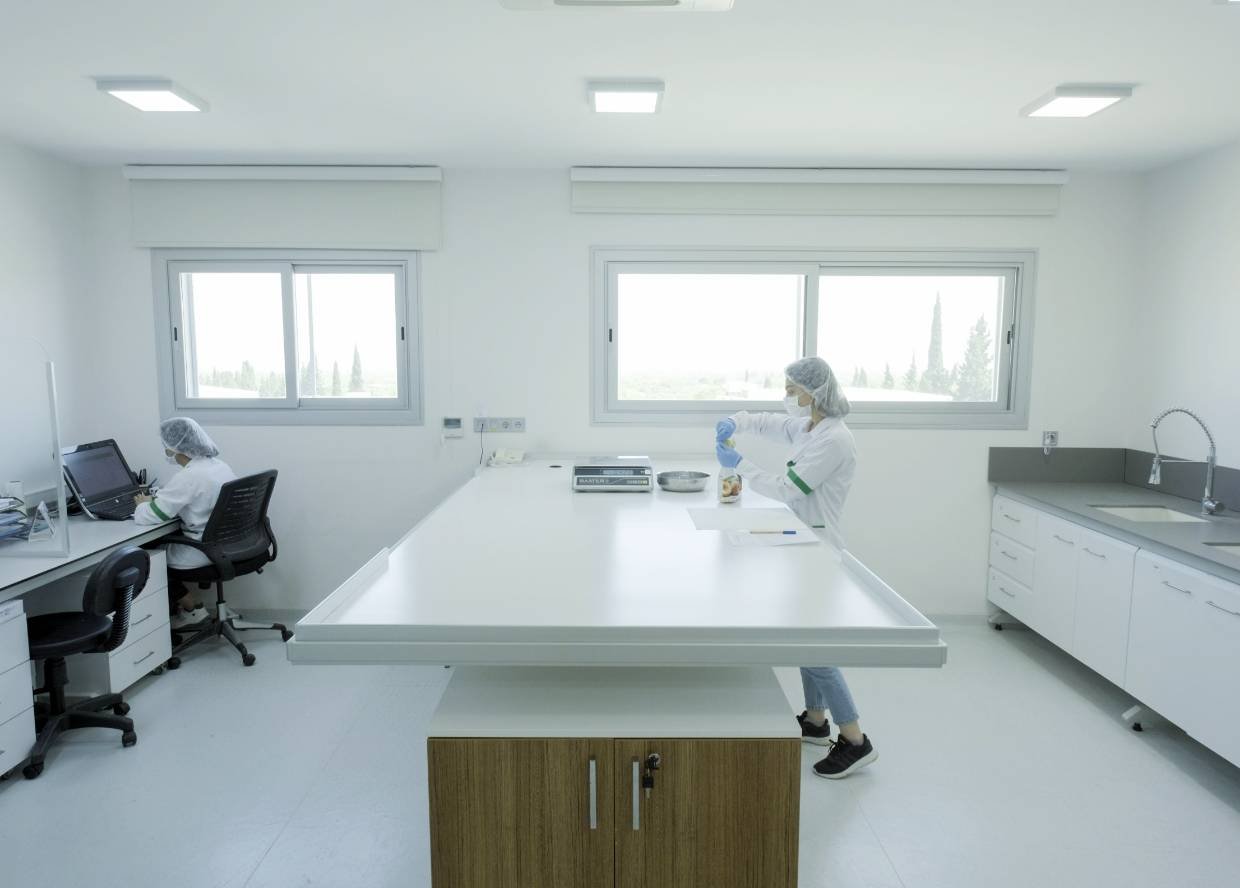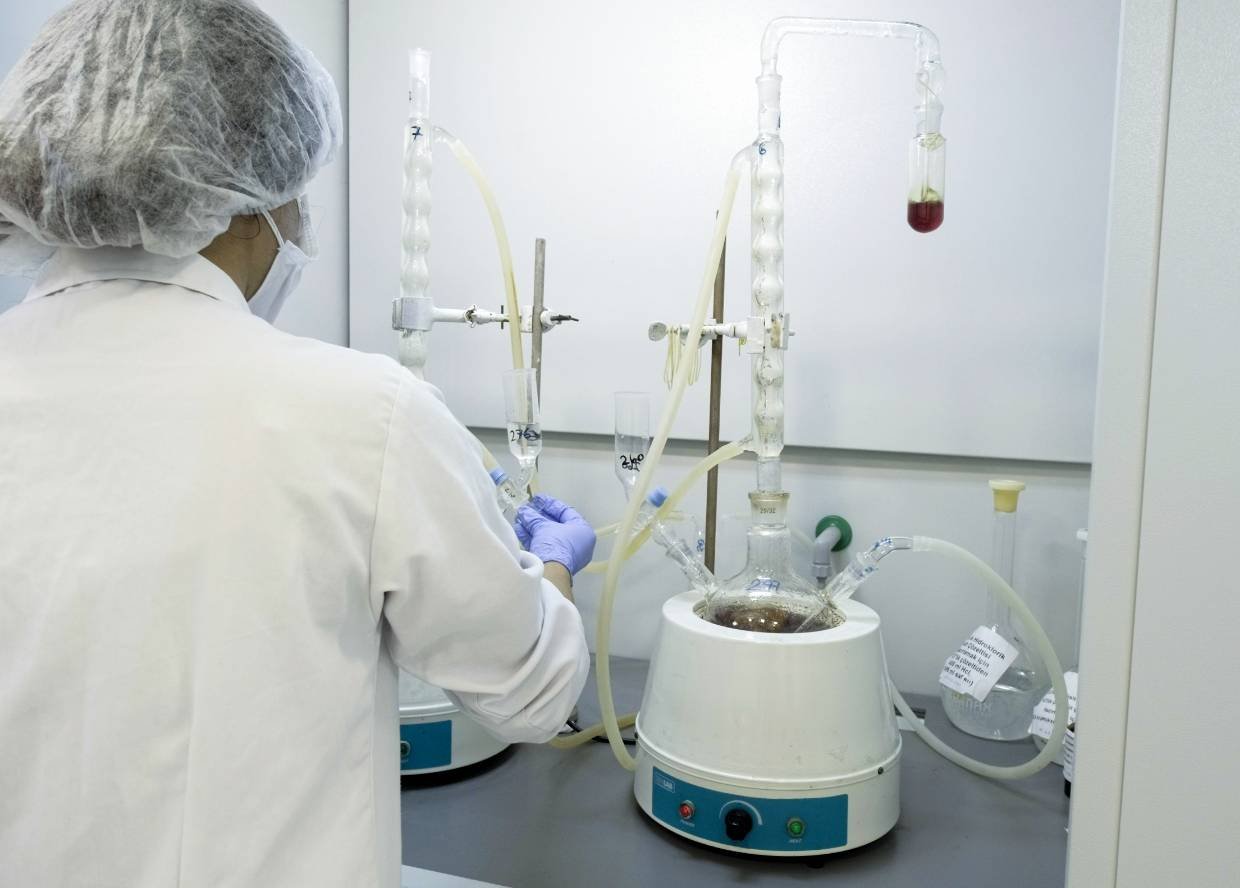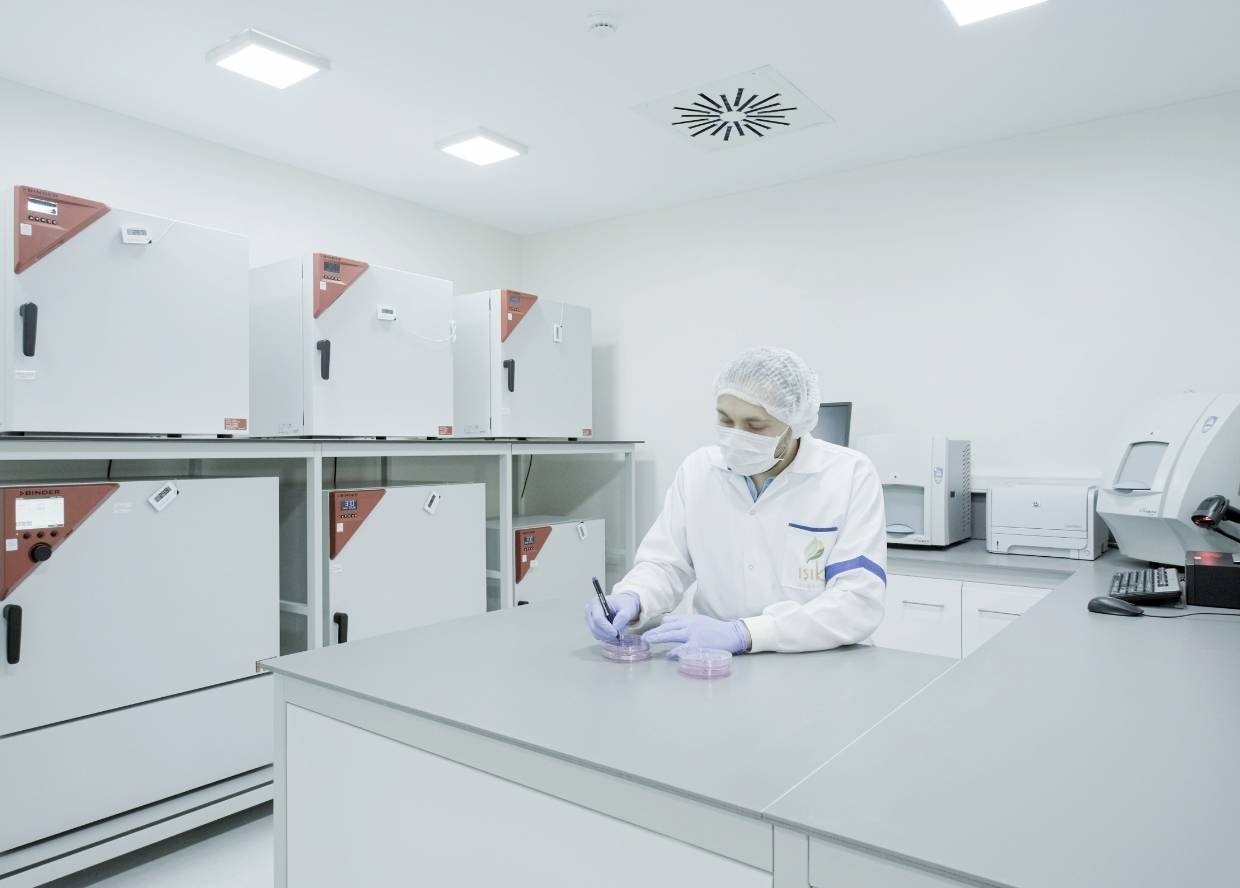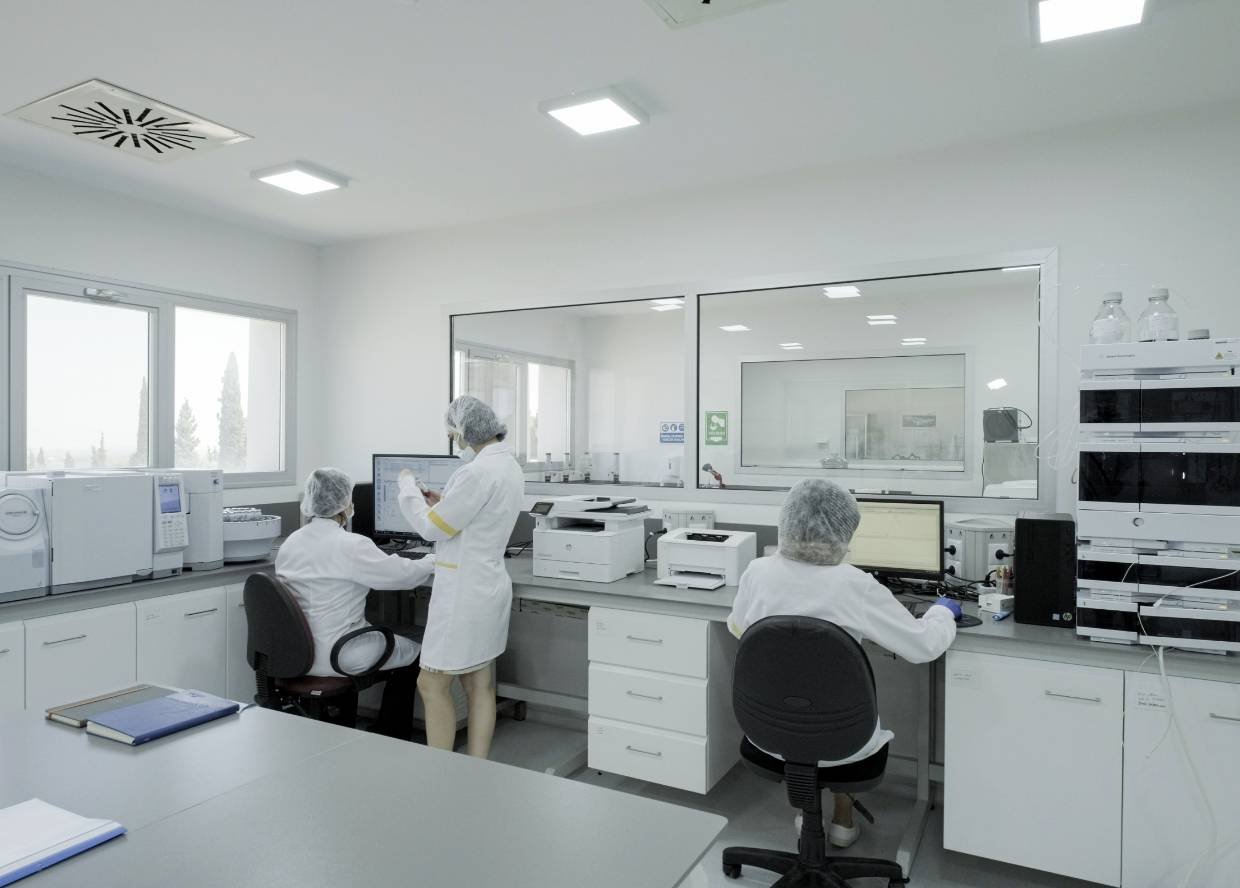As Işık Tarım, we have been producing with sensitivity to ensure food safety from field to dinner since the day we were founded.
With the principles of "Quality" and "Safe Food" that we apply within our organization, we strive to minimize food safety risks in agricultural and production areas in accordance with our role in the food supply chain. Aware of the requirements of national and international legal regulations, we resolutely maintain our pioneering role in the sector by fulfilling quality and food safety requirements within the scope of our responsibilities towards ourselves and our customers.
In line with our extensive role in the food supply chain, we carry out continuous activities with our farmers, employees, solution partners, suppliers and customers to create and maintain a Food Safety Culture. Işık Tarım effectively manages food safety risks that may arise by following legal changes, scientific developments and newly developed processes, and makes the necessary investments to integrate innovations into the system. Our company produces organic, sustainable, healthy and safe products for society.

